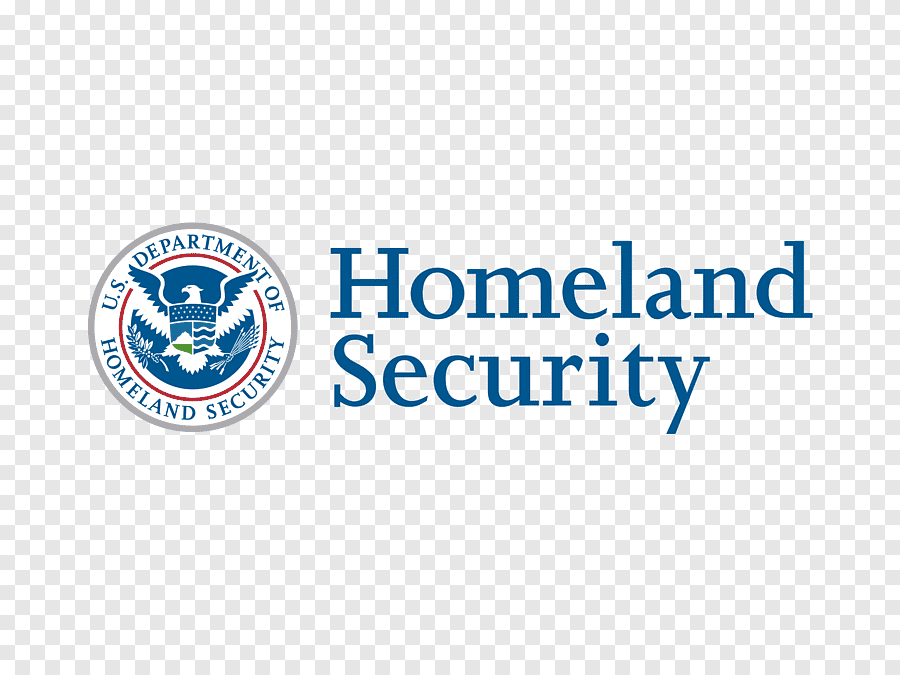Judge allows requirement that everyone in the US illegally must register to move forward
On April 10, 2025, a significant ruling from a federal judge has paved the way for a controversial Trump administration policy to take effect. The mandate, which requires everyone in the United States illegally to register with the federal government, has sparked widespread debate over its implications for immigration enforcement and civil liberties. The decision, handed down by Judge Trevor Neil McFadden on Thursday, allows the policy to move forward starting Friday, April 11, marking a pivotal moment in the ongoing national conversation about immigration.
Background of the Policy
The Department of Homeland Security (DHS) first announced the registration requirement on February 25, 2025, asserting that it was an extension of existing federal immigration laws. These laws have long mandated that non-U.S. citizens residing in the country, including those present illegally, register with the government. However, enforcement of this provision has historically been inconsistent. The Trump administration argues that the new mandate simply strengthens compliance with this pre-existing requirement, framing it as a necessary step to enhance national security and streamline immigration processes.
Under the policy, individuals living in the U.S. without legal status must self-report to federal authorities. Failure to comply could result in penalties, including fines or prosecution. The administration has emphasized that the registration process is not a new invention but a revitalized effort to enforce rules already on the books.
The Court’s Decision
Judge McFadden’s ruling came after legal challenges from immigrant advocacy groups, who argued that the policy was a thinly veiled mechanism to facilitate mass deportations—a cornerstone of President Donald Trump’s immigration agenda. These groups contended that the registration requirement disproportionately targets undocumented immigrants and could lead to widespread discrimination and fear within immigrant communities.
In his decision, McFadden sided with the administration, stating that the requirement falls within the government’s broad authority to regulate immigration. He noted that the registration mandate aligns with historical precedents and does not constitute a novel overreach. The ruling has cleared the path for the DHS to implement the policy nationwide, effective immediately following the decision.
Broader Implications
The registration requirement extends beyond undocumented immigrants from Latin America, a group often at the center of U.S. immigration debates. It also applies to other non-citizens, such as Canadians who overstay their permitted time in the U.S.—including “snowbirds” who spend extended winters in states like Florida. This broad application underscores the policy’s sweeping scope, which could affect millions of people living in the country without legal authorization.
Proponents of the mandate argue that it will provide the government with critical data to better manage immigration enforcement. They assert that knowing who is in the country illegally is a logical first step toward addressing border security and public safety concerns. Critics, however, see it as a precursor to more aggressive actions, such as large-scale deportations. They warn that the policy could drive undocumented immigrants further into the shadows, deterring them from seeking essential services or cooperating with law enforcement out of fear of exposure.
Public Reaction
What’s Next?
The ruling has elicited a range of responses across the political spectrum. Supporters of stricter immigration policies have hailed it as a victory for law and order, while opponents have expressed alarm over its potential to disrupt communities and strain already overburdened immigration systems. Posts on X reflect this divide, with some users celebrating the decision as a long-overdue measure, while others voice concerns about its humanitarian and logistical consequences.
As the policy takes effect on April 11, 2025, the federal government faces the monumental task of implementing the registration process. Questions remain about how the DHS will handle the influx of registrants, verify identities, and address noncompliance. Immigrant advocacy groups have vowed to continue their legal fight, potentially appealing McFadden’s ruling to higher courts.
For now, the decision marks a significant win for the Trump administration’s immigration agenda, reinforcing its commitment to stringent enforcement. However, its long-term impact—on both the undocumented population and the broader U.S. immigration landscape—remains uncertain. As the nation watches this policy unfold, it is clear that the debate over immigration is far from resolved, with this ruling serving as a flashpoint in an already polarized issue.
